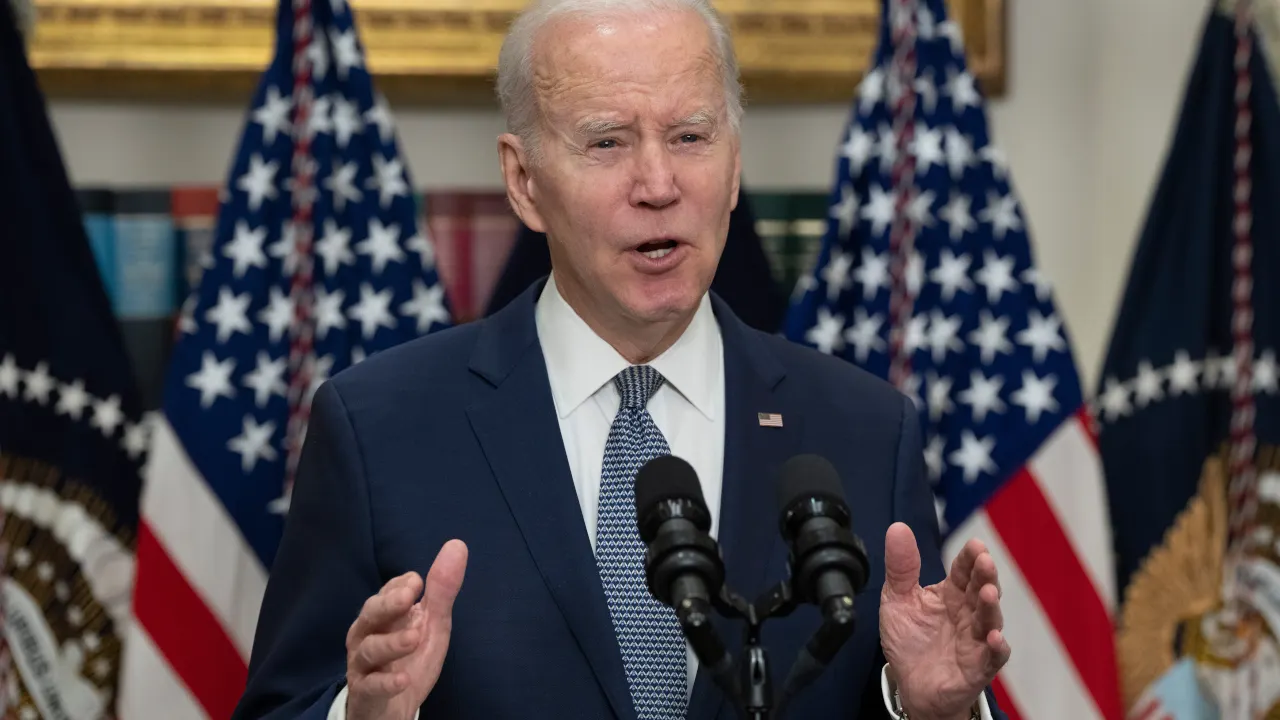America must do more to address the power of artificial intelligence, President Joe Biden declared in a notably strident State of the Union address Thursday evening. In establishing his policy priorities, Biden also advocated for stronger privacy laws and penalties for drug traffickers.
“I’ve signed over 400 bipartisan bills, but there’s more to do,” Biden said to a joint session of Congress. “Strengthen penalties on fentanyl trafficking. Pass bipartisan privacy legislation to protect our children online. Harness the promise of AI and protect us from its peril. Ban AI voice impersonation—and more.”
Biden’s voice was faked in an AI-generated deepfake robocall that targeted New Hampshire voters in January.
The company behind the deepfake, Lingo Telecom, was issued a cease and desist order by the U.S. Federal Communications Commission. The FCC subsequently banned using AI in robocalls as the 2024 election season heats up.
“The rise of these types of calls has escalated during the last few years as this technology now has the potential to confuse consumers with misinformation by imitating the voices of celebrities, political candidates, and close family members,” the FCC said at the time.
The Biden Administration has been working to curb AI-generated deepfakes. Last year, the White House brought together leading generative AI developers—including OpenAI, Google, Microsoft, Nvidia, Anthropic, Hugging Face, IBM, Stability AI, Amazon, Meta, and Inflection—to pledge responsible AI development.
In February, the Biden Administration said it would use watermarking and cryptography to fight political disinformation. Later that month, Biden announced the launch of the AI Safety Institute Consortium, which includes participants such as Amazon, Google, Apple, Anthropic, Microsoft, OpenAI, and NVIDIA.
Biden, however, is not alone in criticizing AI. Donald Trump, Biden’s opponent in the 2024 U.S. Presidential election, has also spoken out against AI, calling it “so scary” in an interview with Fox Business.
Even Pope Francis has come out against generative AI after the pontiff, Biden, and Trump were all victims of AI-generated deepfake images.
"We need to be aware of the rapid transformations now taking place and to manage them in ways that safeguard fundamental human rights and respect the institutions and laws that promote integral human development," the Pope said in a January sermon. "Artificial intelligence ought to serve our best human potential and our highest aspirations, not compete with them."
Edited by Ryan Ozawa.

